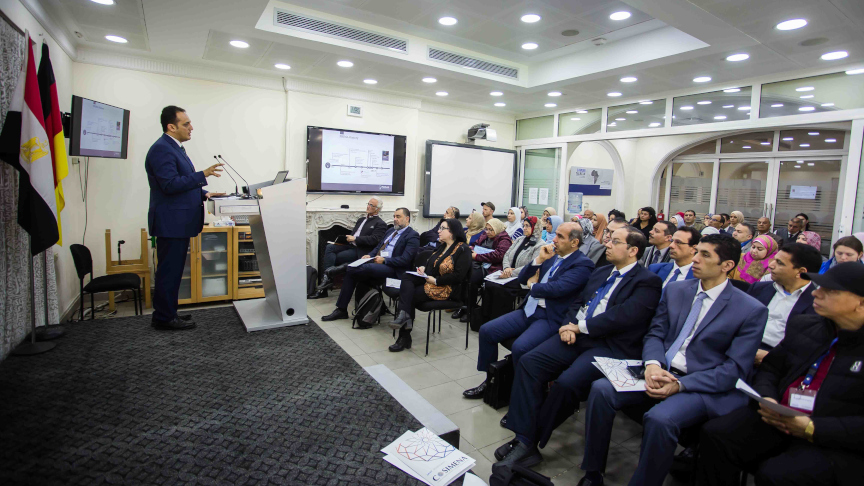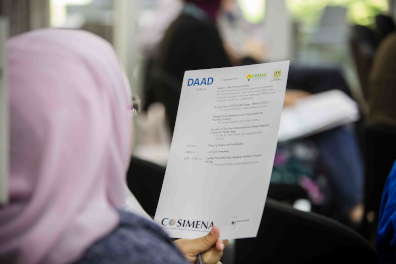COSIMENA sets the stage for PRIMA Match Making in 2020

Environmental and social changes, including climate change, population growth, water scarcity, unsustainable agricultural practices, and a lack of innovation, have put a strain on the sustainable and healthy development of the Mediterranean region. According to a 2019 report, the Mediterranean region scores near the bottom in achieving its sustainable development goals despite being one of the regions most affected by the consequences these challenges present, which will lead to major impacts for our societies if left unchecked. It is now clear that the increased complexity and multidimensionality of such social, economic and environmental challenges can only be tackled through common efforts and resources with a research and innovation approach.
To that end, the German Academic Exchange Service (DAAD), under the framework of its COSIMENA initiative, hosted a workshop presenting the Partnership for Research and Innovation in the Mediterranean Area (PRIMA) initiative on March 4th at its Cairo Regional Office in Zamalek, highlighting the funding opportunities available to help combat the challenges facing the region. As an important partner of the European Commission for the implementation of EU-funded projects worldwide, the DAAD have acted as the national agency for higher education cooperation within Europe on behalf of the German Federal Ministry of Education and Research (BMBF), making it one of the most experienced agencies in Europe and an ideal partner to the PRIMA Foundation and the Ministry of Higher Education and Scientific Research (MHESR). Financed through a combination of funding from its 19 participating countries and the EU’s Horizon 2020 program, PRIMA uses its EUR 494 million endowment to build research and innovation capacities and to develop knowledge and innovative solutions for water management and sustainable agricultural systems on both shores of the Mediterranean.

© Michael Assad
Following the opening remarks from the Director of the DAAD Regional Office Cairo, Ms. Isabell Mering, policy makers, including MHESR ministerial advisor Dr. Mohamed El Shinawi, PRIMA officers, including Deputy Director Dr. Omar Amawi and Foundation Officer Dr. Mohamed Wageih, representatives from the Science and Technology Development Fund (STDF) and the Academy of Scientific Research and Technology (ASRT), and successful entrepreneurs each gave presentations on the funding opportunities available to universities, entrepreneurs, and other stakeholders who are developing research and innovation (R&I) approaches to address the diverse challenges in water scarcity, agriculture, and food security in the South Mediterranean, a region heavily distressed by climate change, urbanization, and population growth. The day-long seminar also offered interactive discussions and an in-depth look into each of the funding organization’s guidelines, application procedures, topics, and award mechanisms, providing pointers for successful proposal writing before sharing best practice examples from previous successful proposals in order to shed light on the challenges and opportunities when applying for PRIMA funding.
As part of its vision to “change by exchange”, the DAAD as a funding organization and independent intermediary between various partners and their interests sees its role in contributing to shaping a global society that finds solutions to the pressing issues of tomorrow. The DAAD’s global footprint and knowledge base make the organization an ideal partner for developing inclusive, healthy, and prosperous Mediterranean societies through innovative solutions in agro-food and water systems contributing to economic growth, stability, and the sustainable use of natural resources.
Report by Mr. Julian Redman

















